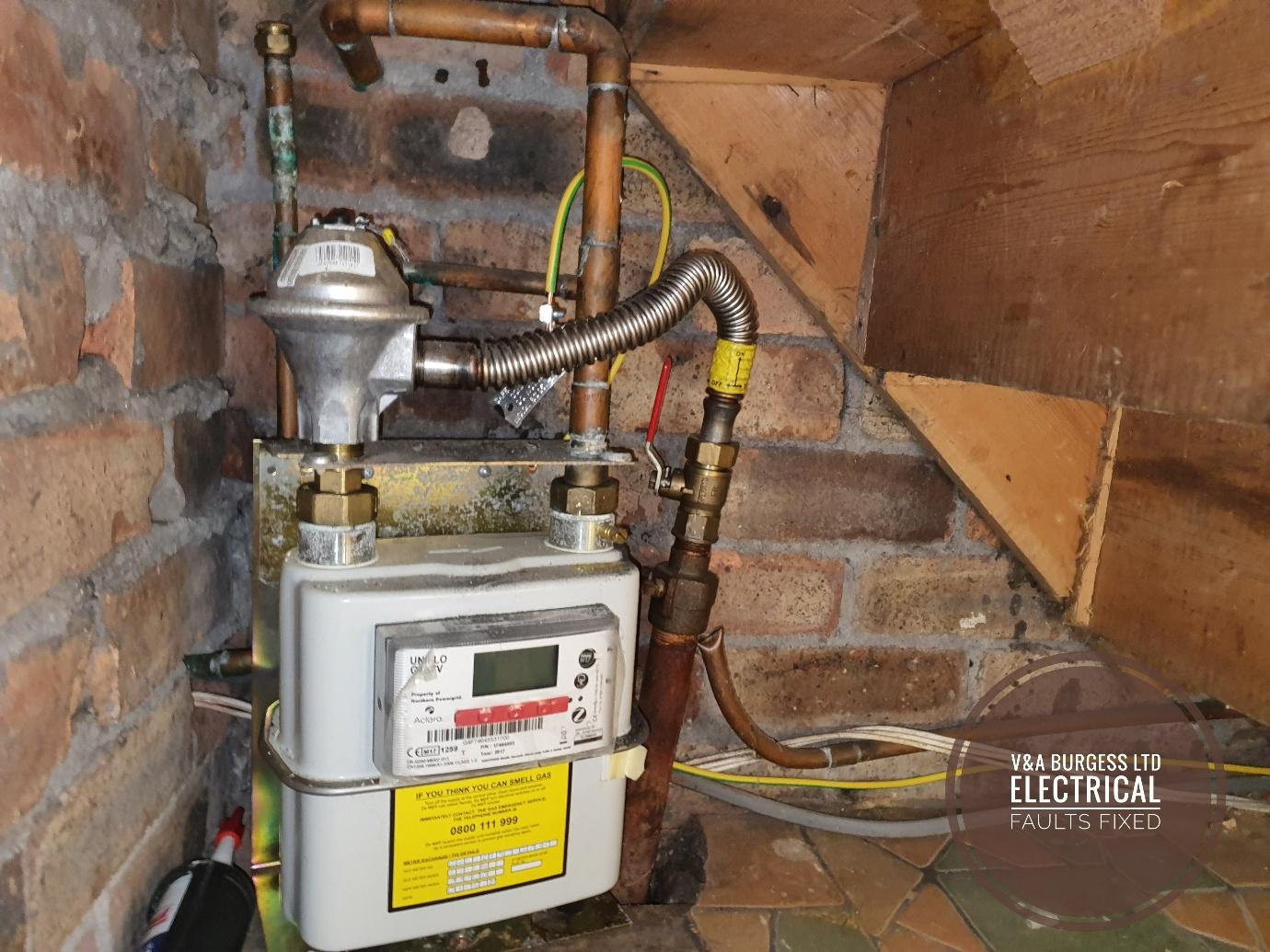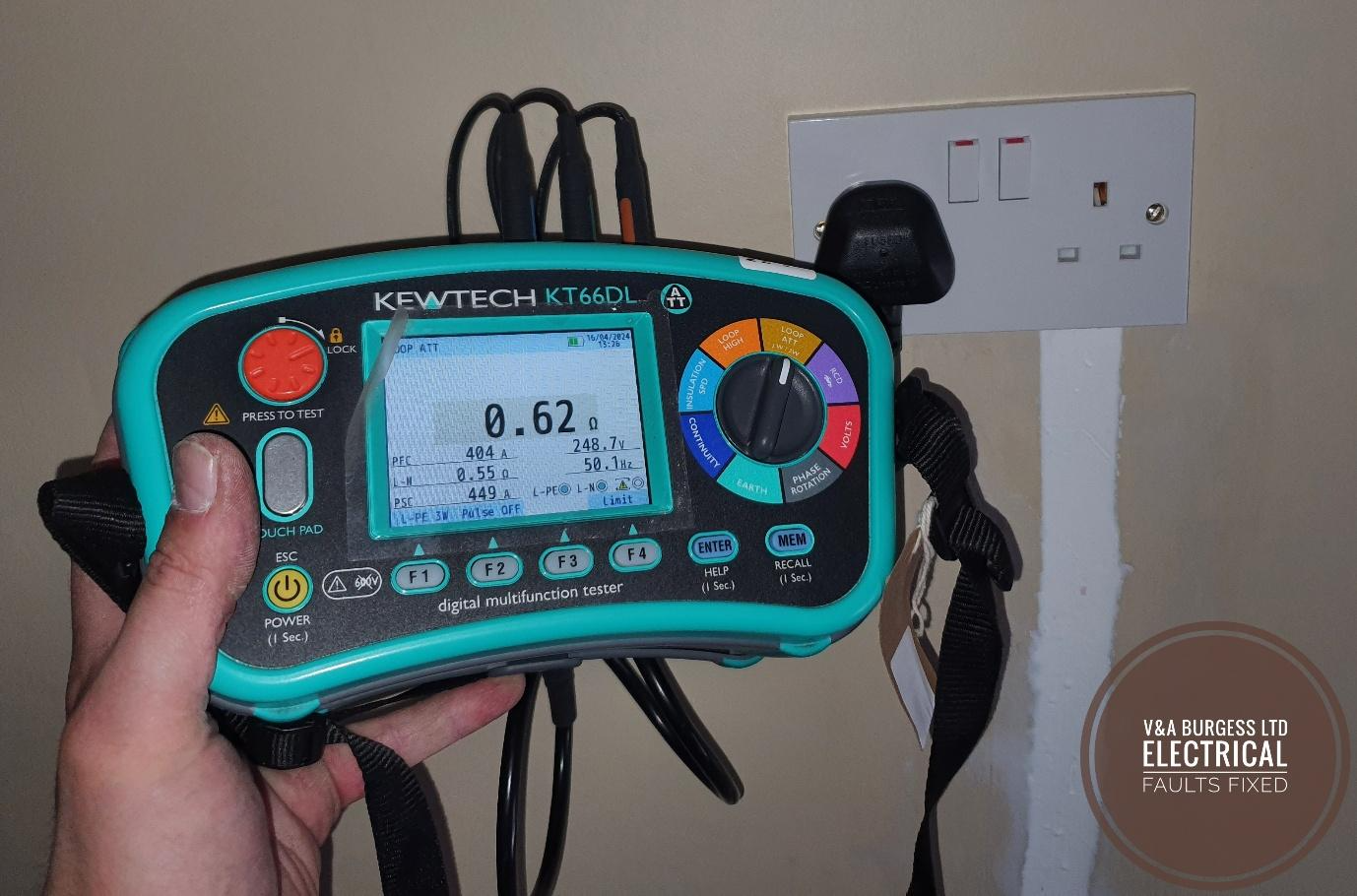Who is responsible for earth bonding a gas meter?
In the UK. The homeowner or landlord is responsible for the earth bonding to a gas meter (pipework close to gas meter).
Table of Contents
- What is Earth Bonding?
- Who should carry out Earth Bonding?
- What are Extraneous conductive parts?
- What equipment is used to test for bonding?
- How is testing carried out?
- Why isn't the Gas company required to Bond Pipework?
- Why isn't the Electric company required to Bond Pipework?
- What is supplementary equipotential bonding?
- Why isn't the Electric company required to Bond Pipework?
- What is supplementary equipotential bonding?
The earth bonding is a safety electrical requirement and as this lies within the property (or should) then it is the responsibility of the property owner to have this carried out.
Back to top1) What is Earth Bonding?
Earth bonding is a safety electrical connection to parts of the building that do NOT form part of the electrical system but MAY give rise to a danger during an electrical fault. This danger comes in the form of electric shocks due to the potential difference created between metal parts of the electrical system and metal (or conductive) parts of other systems such as gas installation pipework, water pipes, metallic sinks, structural steel and so on.
Earth bonding uses a green and yellow earth wire, not to be confused with a circuit protective conductor.
Back to top
2) Who should carry out Earth Bonding?
The only qualified and competent person to carry out such installation is a fully qualified electrician. Generally speaking, a Gas Engineer will not have sufficient electrical knowledge to determine if water pipes, gas pipes or other parts of a building require a safety electrical connection to the Main Earthing Terminal. Not all metallic pipework should be connected to the means of earthing for a property.
If in any doubt regarding the competence of your Earth Bonding Installer, you should check that they are registered with a competent persons scheme such as NAPIT or NICEIC. Check that they regularly carry out Equipotential Earth Bonding Installation and are able to test parts such as metallic pipes with the right test equipment to determine if an earth bond is required.
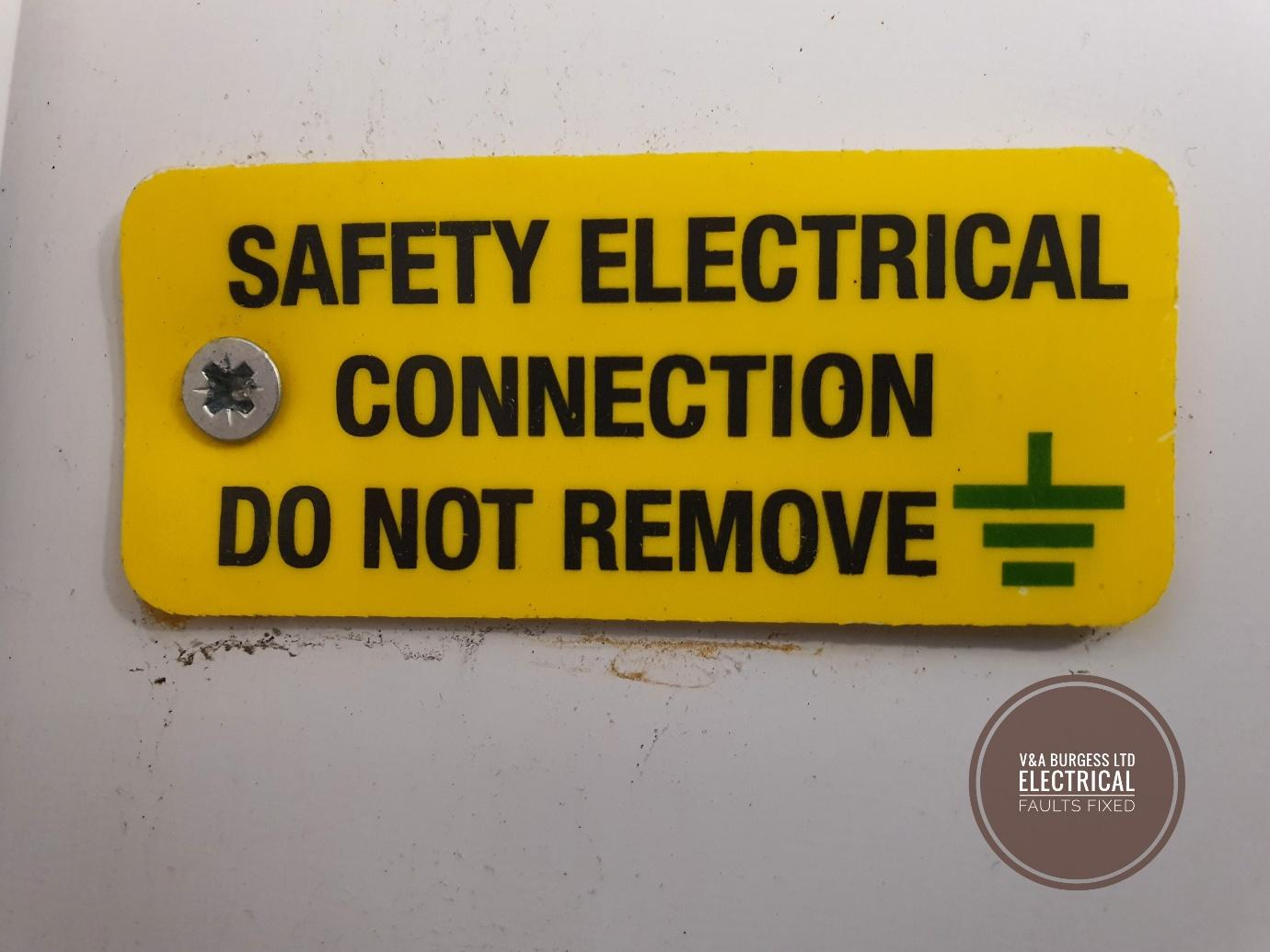
Back to top
3) What are Extraneous conductive parts?
Extraneous Conductive Parts are things like metallic structural parts of the building, metallic water pipes, metallic gas pipes etc. They are parts that are NOT part of the electrical system but which, under fault conditions, are likely to introduce a dangerous potential difference (generally earth potential). Testing is required to determine if parts are extraneous or not.
Back to top4) What equipment is used to test for bonding?
In order to determine if gas installation pipes, water installation pipes or other extraneous conductive parts of a property require earth bonding (known as main equipotential bonding) a low resistance ohmmeter is often used. It may be necessary for an insulation resistance test to be carried out if the low resistance ohmmeter does not give a conclusive reading. Often these two testers are combined into a multifunction tester device which has the capability to carry out several electrical tests "in one box".
Back to top
5) How is testing carried out?
Electricians will have the knowledge to safely carry out such tests to determine if a main protective equipotential bonding connection is necessary. They do this by checking the resistance of the suspected extraneous conductive part (metallic structural parts of a building, metallic gas pipework, metallic water pipework) to the means of earthing for the installation.
They compare the measured resistance value with the values given by the Institute of Engineering and Technology to ascertain the necessity "to bond or not to bond". Such bonding is tested once in place to ensure its continuity and connection to the Main Earthing Terminal of electrical systems.
Back to top6) Why isn't the Gas company required to Bond Pipework?
Bonding requirements only apply to the consumer's installation and are part of the electrical installation not necessarily part of the Gas or Water installation. Protective bonding conductors are in place to prevent the human body from sustaining shock (and our pets too). The gas company responsibility ends at the meter and bonding should be installed on the consumer side of the meter.
Back to top7) Why isn't the Electric company required to Bond Pipework?
The electrical company that provides your power and the company that you pay your bills to, have no requirement to ensure that your bonding is carried out. They may not connect your supply if they determine that there are potential dangers, the absence of main bonding, electrical shock risk or other issues but they will not fix them for you.
Back to top8) What is supplementary equipotential bonding?
Supplementary Equipotential Bonding is similar to Main Equipotential Bonding. You would normally find supplementary equipotential bonding in a room containing a bath or shower or other special location (see BS7671 wiring regulations for definitions). Due to an increased risk of electrical shock in special locations, supplementary equipotential bonding may be required where an electrician deems it necessary following testing and inspection.
An earth wire is used to connect together all exposed conductive parts and extraneous conductive parts in these locations to ensure that they are at substantially the same potential (equipotential).
You may find supplementary equipotential bonding in your kitchen if your electrical system was installed during the 16th Edition wiring regulations. Metal sinks were often bonded!
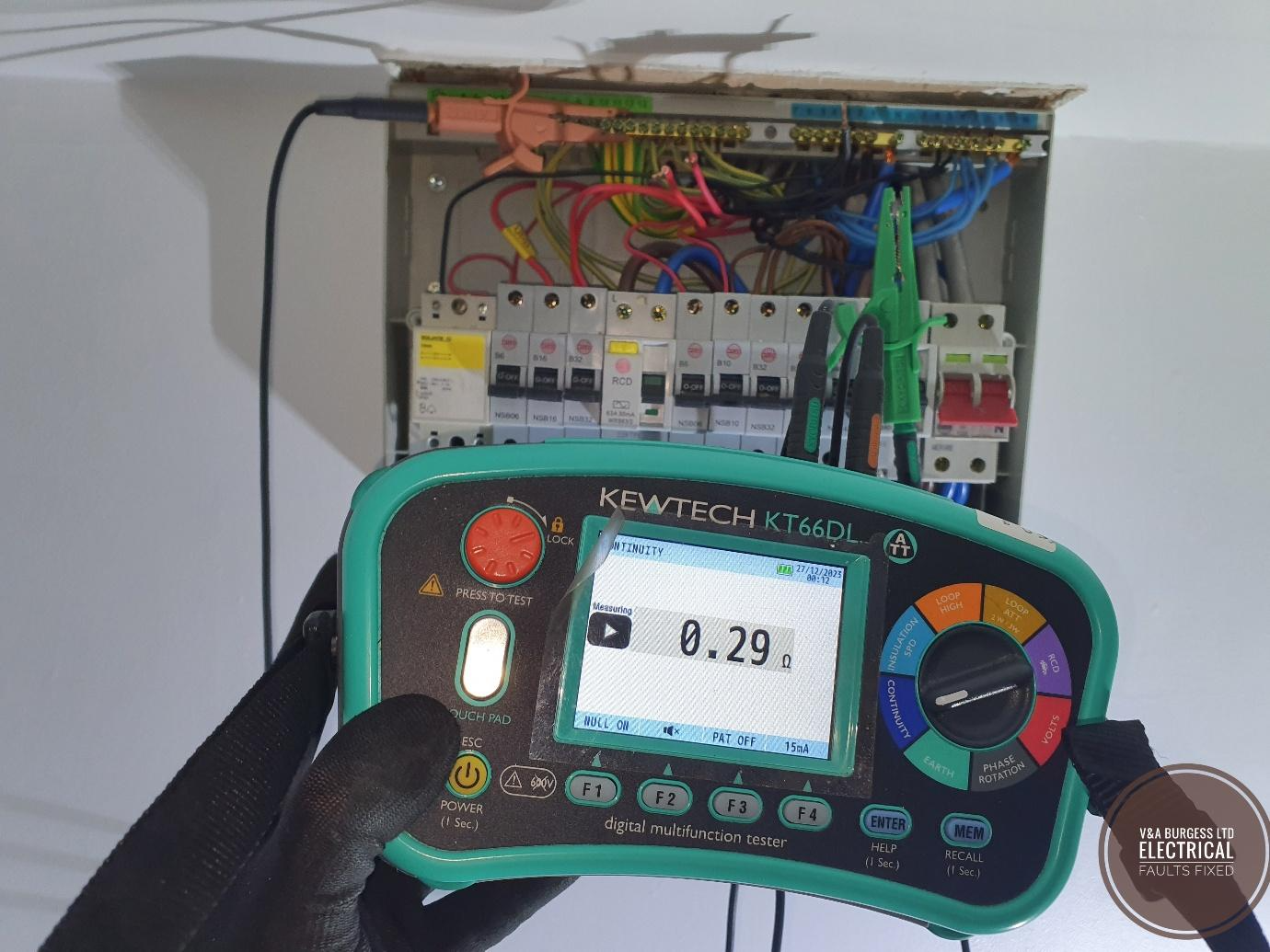
9) Why isn't the Electric company required to Bond Pipework?
The electrical company that provides your power and the company that you pay your bills to, have no requirement to ensure that your bonding is carried out. They may not connect your supply if they determine that there are potential dangers, the absence of main bonding, electrical shock risk or other issues but they will not fix them for you.
Back to top10) What is supplementary equipotential bonding?
Supplementary Equipotential Bonding is similar to Main Equipotential Bonding. You would normally find supplementary equipotential bonding in a room containing a bath or shower or other special location (see BS7671 wiring regulations for definitions). Due to an increased risk of electrical shock in special locations, supplementary equipotential bonding may be required where an electrician deems it necessary following testing and inspection.
An earth wire is used to connect together all exposed conductive parts and extraneous conductive parts in these locations to ensure that they are at substantially the same potential (equipotential).
You may find supplementary equipotential bonding in your kitchen if your electrical system was installed during the 16th Edition wiring regulations. Metal sinks were often bonded!
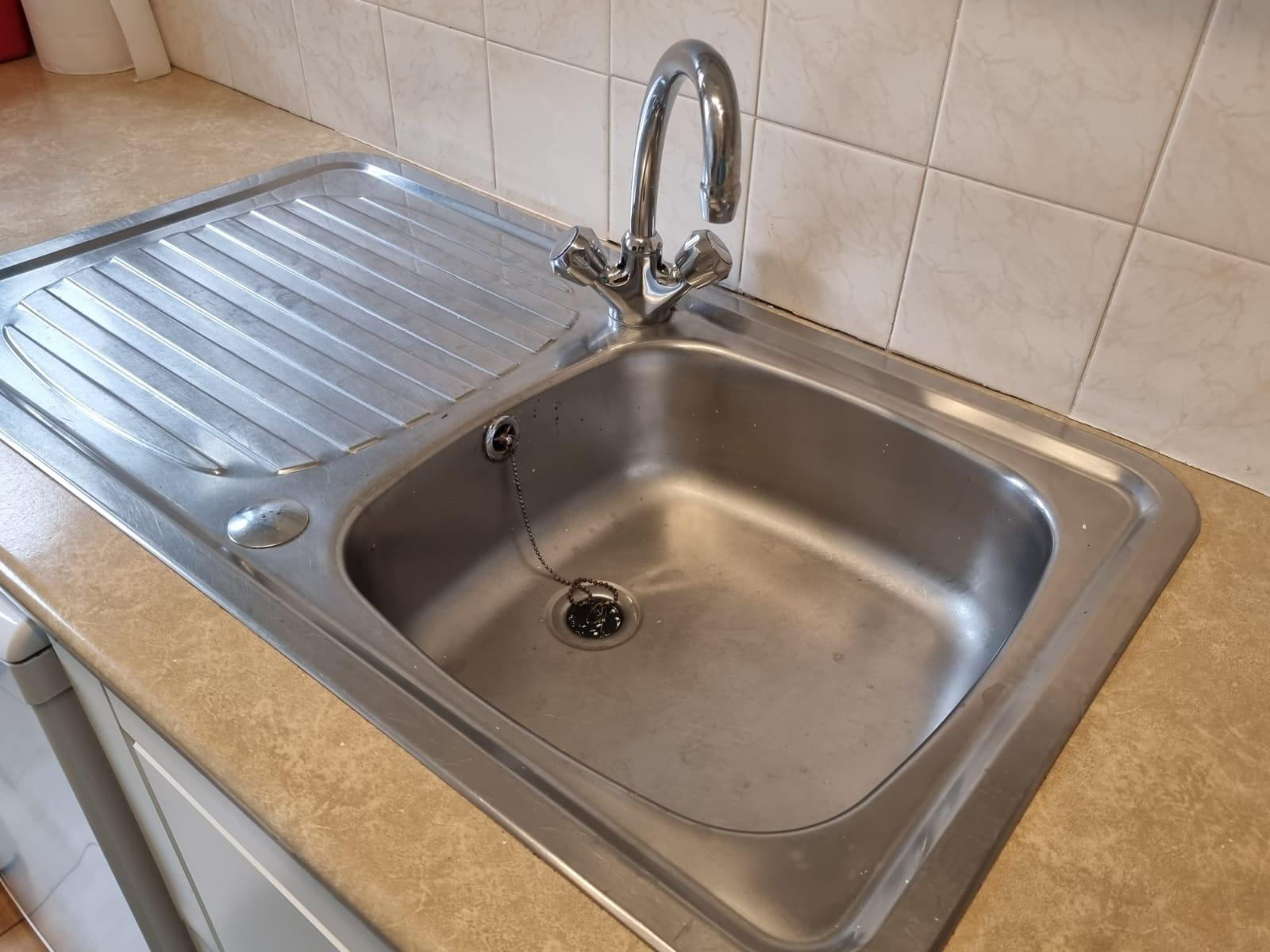
In order to protect us from the risk of electric shock due to dangerous fault currents, a competent electrician is required to assess the electric shock risk through testing using specialised test equipment and sound knowledge. If a main protective bonding connection is required, it should be carried out to the current standard (consumer side of the gas meter and before any branch pipework). If you have doubts regarding the safety equipotential bonding in your home, consult a qualified electrician to determine if metal work requires bonding AND to determine if any existing bonding wire is of the right size.
Back to top

